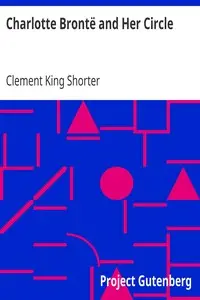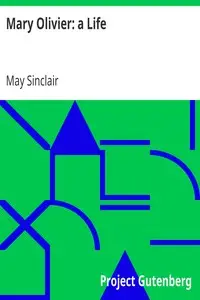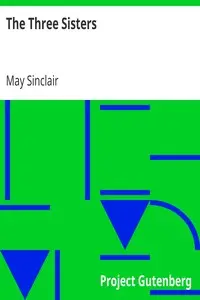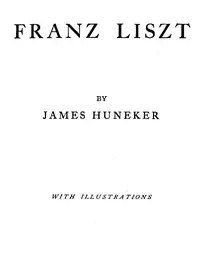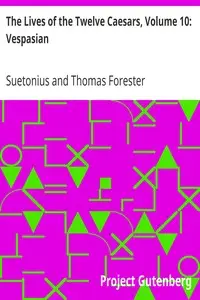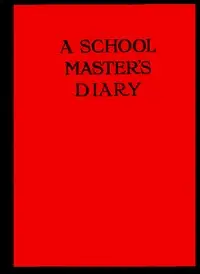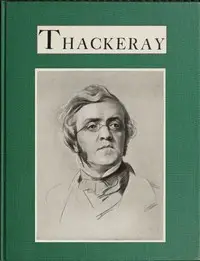"The Three Brontës" by May Sinclair is a look into the lives and writings of Charlotte, Emily, and Anne Brontë. Sinclair writes about the sisters' experiences and how the village of Haworth changed how they wrote. The book tries to explain their stories while clearing up misunderstandings about them. The story starts with the sad but important landscape of Haworth, which was the setting for the Brontë sisters' lives. Sinclair shows their home, pointing out how their talent was linked to the village’s beautiful but tough environment. It talks about their childhood, which had sadness and loss, like the death of their mother and their difficult time growing up with their father, Patrick Brontë. It also shows how their family relationships affected them, especially their brother Branwell's problems, and how Charlotte, Emily, and Anne faced their own problems and what society expected of them as they wrote books that would become important in English literature.

The Three Brontës
By May Sinclair
Amidst loss and a stark landscape, three sisters defy expectations and create lasting works of literary brilliance.
Summary
About the AuthorMay Sinclair was the pseudonym of Mary Amelia St. Clair, a popular British writer who wrote about two dozen novels, short stories and poetry. She was an active suffragist, and member of the Woman Writers' Suffrage League. She once dressed up as a demure, rebel Jane Austen for a suffrage fundraising event. Sinclair was also a significant critic in the area of modernist poetry and prose, and she is attributed with first using the term 'stream of consciousness' in a literary context, when reviewing the first volumes of Dorothy Richardson's novel sequence Pilgrimage (1915–1967), in The Egoist, April 1918.
May Sinclair was the pseudonym of Mary Amelia St. Clair, a popular British writer who wrote about two dozen novels, short stories and poetry. She was an active suffragist, and member of the Woman Writers' Suffrage League. She once dressed up as a demure, rebel Jane Austen for a suffrage fundraising event. Sinclair was also a significant critic in the area of modernist poetry and prose, and she is attributed with first using the term 'stream of consciousness' in a literary context, when reviewing the first volumes of Dorothy Richardson's novel sequence Pilgrimage (1915–1967), in The Egoist, April 1918.






